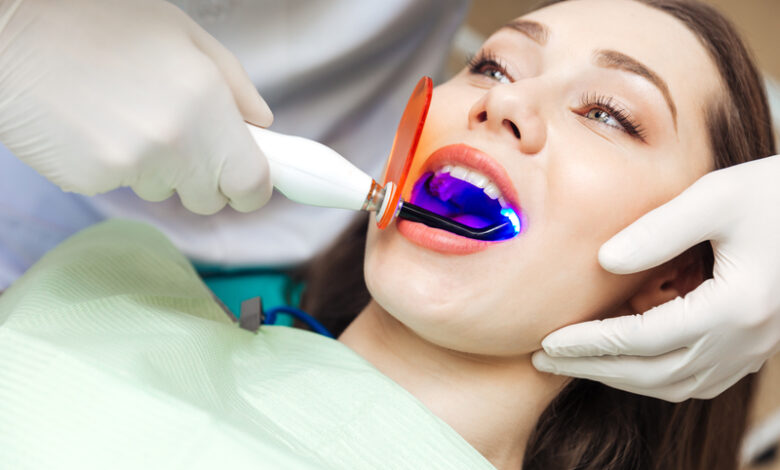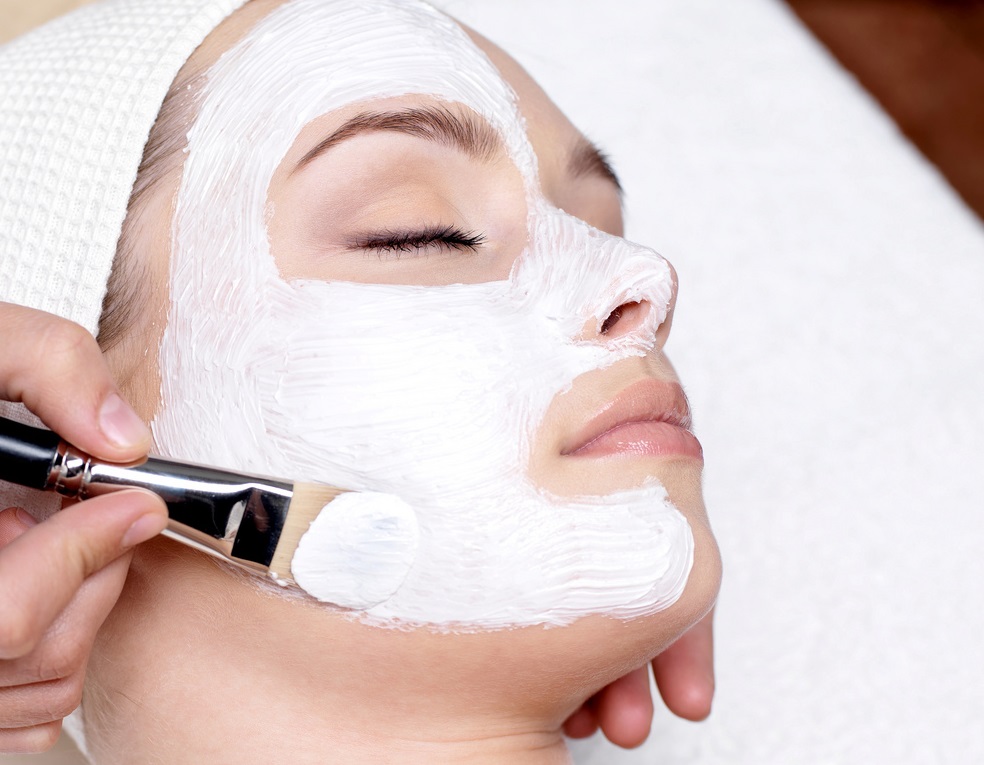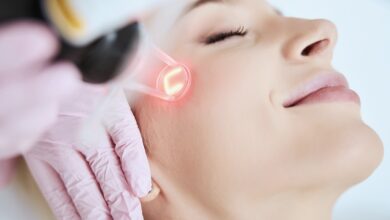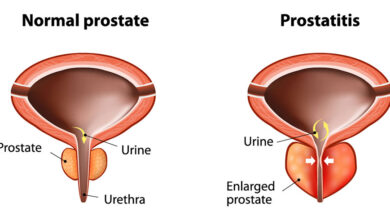Laser dentistry 101: Things to know before you choose the option

Dental science has evolved over the years. For the unversed, laser dentistry is a branch that relies on lasers to treat a wide range of dental conditions. While the concept may sound new to some, lasers have been used in the field since the 90s. Before you visit a Willowbrook laser dentistry clinic, here are some things to know.
The scope
Lasers are used extensively to treat conditions of the teeth and gums. Laser dentistry is particularly effective in treating tooth decay, gum disease, hypersensitivity, and also for cosmetic procedures such as teeth whitening. Besides adding to the efficiency, lasers are also capable of making dental treatments more comfortable for patients, and numerous procedures are approved by the FDA.
Common hard tissue procedures
Lasers are often used for procedures concerning the teeth, such as the detection of cavities. Dentists also rely on lasers for preparing teeth for treatment and for dental fillings, especially when they want to avoid the use of local anesthesia. In many cases, lasers are often used to skip the use of traditional drills. If you have sensitivity to hot and cold foods, your dentist may use the option to seal tubules.
Common soft tissue procedures
If you have a gummy smile, your dentist may want to make aesthetic changes to fix and reshape the gum tissues, for which lasers are useful. Lasers are also used for procedures such as crown lengthening and for treating tongue frenulum attachment. Depending on the diagnostic requirements, dentists may use optical coherence tomography to see the inside of a tooth. Laser dentistry has been effective for other conditions, too, including obstructive sleep apnea, TMJ (temporomandibular joint) disorders, and nerve regeneration.
Are laser dental procedures expensive?
There are varied components that determine the cost of a procedure. In some cases, the cost of laser equipment may add to the price of the treatment, but because fewer sessions are required compared to traditional procedures, you may still pay less. Insurance may cover some or all of your treatment expenses.
Seeing a doctor
If you are visiting a clinic for laser dentistry, ensure you talk to the dentist about the procedure and everything else related to it. Your dentist will also guide you on the pros and cons of choosing an advanced option over the conventional way of treating the same condition. As a patient, you should ask questions and discuss all details before you agree to a procedure.



